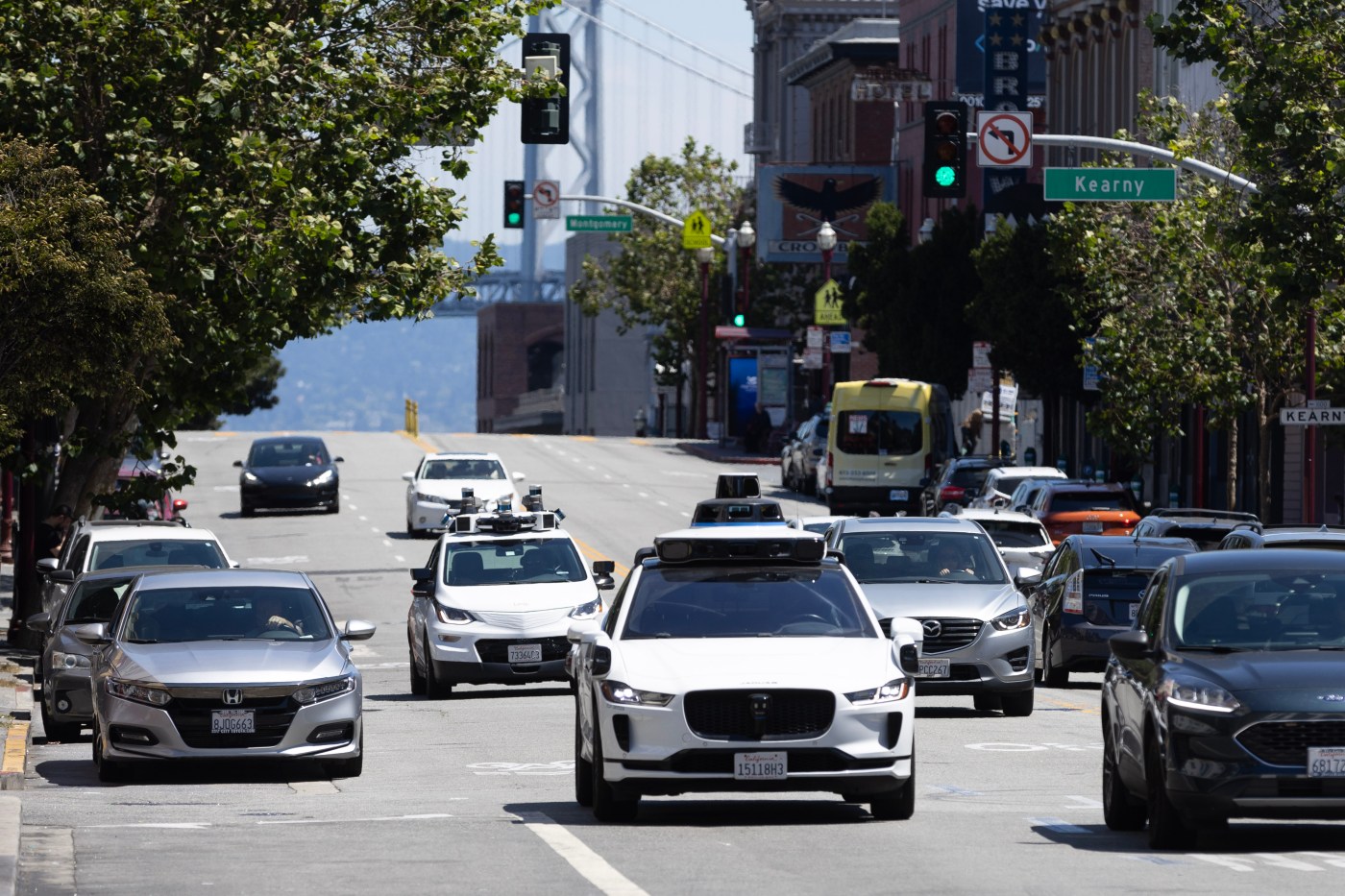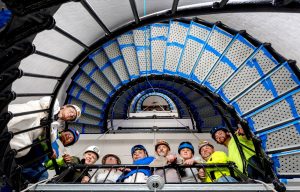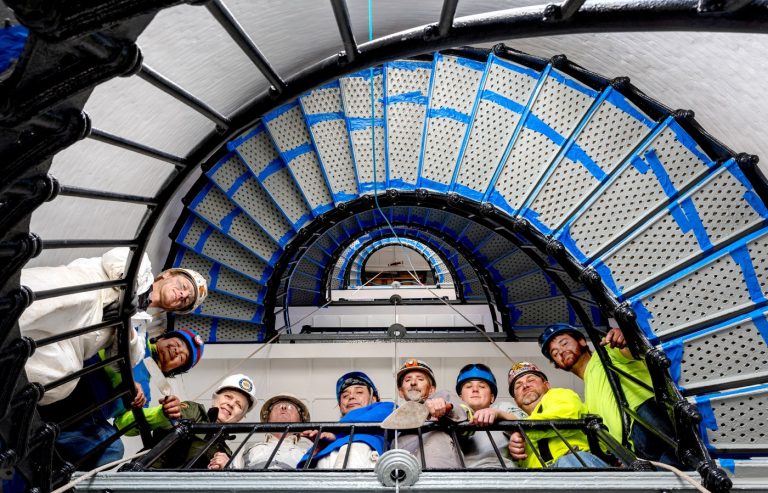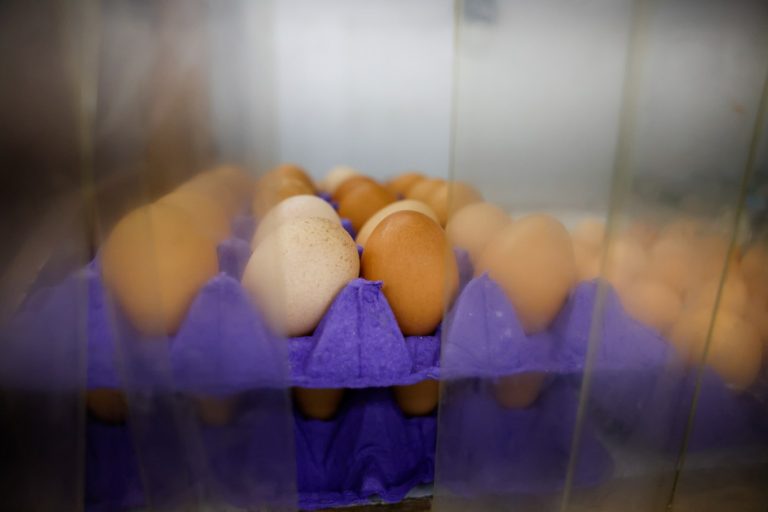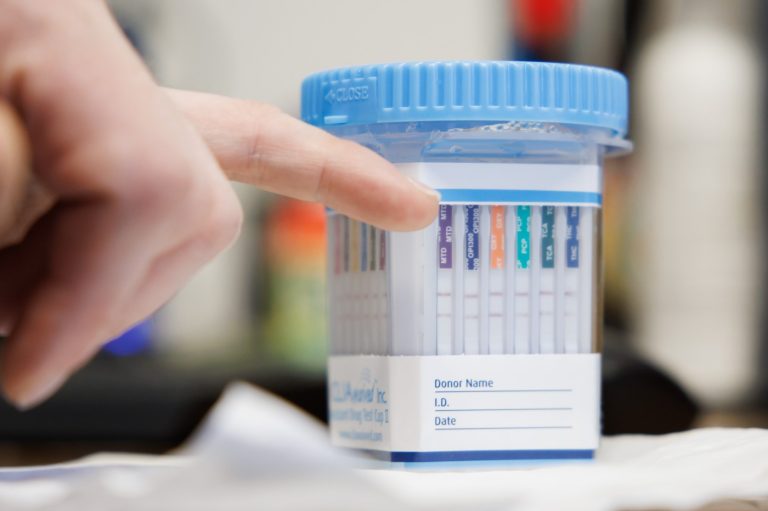Waymo’s driverless car service officially launches on the Peninsula Tuesday morning when service expands to include Daly City, Broadmoor and Colma, company officials announced.
The limited expansion comes five months after state regulators approved the autonomous vehicle company’s request in March to operate south of San Francisco.
The wider service, which was set to begin at 10 a.m., adds an additional 10 square miles of territory outside of the city, where the company has been transporting riders for over a year.
“After removing the waitlist for our San Francisco service in June, we’ve seen incredible demand from locals and visitors alike,” Waymo said in a statement. “Now, our SF operations cover 55 square miles of the Bay Area – from Fisherman’s Wharf to Serramonte Center – and connect to the Daly City and Colma BART stations, so even more people can ride.”
Riders can book a ride with the expanded destinations via the Waymo One app. Pricing depends on distance, length of the trip and the current demand, company spokesperson Christopher Bonelli said.
“Riders won’t be charged extra if the car re-reroutes in an unexpected way, and they can always see the price in the app before they hail a ride,” he said. “The average cost of trips with Waymo One tends to be comparable to other ride-hailing services, and prices do vary.”
For now, vehicles will only be allowed on surface roads as the company is still in the process of testing vehicle safety on freeways.
Related Articles
GM brings in new CEO to steer troubled Cruise robotaxi service while Waymo ramps up in San Francisco
Robotaxis escape legislative move to let cities control them
And it’s precisely safety concerns that has made Waymo’s expansion into San Mateo County controversial.
Dave Canepa, vice president of the San Mateo County Board of Supervisors, is among those who has protested the arrival of autonomous vehicles and called for more power for local officials to determine when and where in their jurisdictions the cars can travel.
“Why would any city or county allow robotaxis to operate unfettered when they are proven to be disruptive to first responders and even deadly?” Canepa previously told this news organization. “What is needed is local control and not the blanket approval the DMV and CPUC has taken,” referring to the California Public Utilities Commission.
Proposals in the state Legislature to give local governments control over allowing autonomous vehicles on their streets were withdrawn after State Sen. Dave Cortese, a San Jose Democrat, pulled his Senate Bill 915 in June. This decision streamlined the approval process, requiring autonomous vehicle companies to navigate regulatory hurdles only at the state level.
Los Angeles riders will also see expanded service, a day later on Wednesday, to the areas of Marina del Rey, Mar Vista, Playa Vista, and more of Hollywood, Chinatown and Westwood.
The deployment of autonomous vehicles in San Francisco has faced challenges. In August, nearly a dozen robotaxis from competitor Cruise blocked a street in North Beach, causing a traffic jam. And in February, a crowd in Chinatown set a Waymo car on fire.
However, Waymo, which has been operating for over a year, believes its slow and steady deployment strategy has effectively improved its safety track record.
“Waymo has provided 2 million paid, fully autonomous, rider-only trips to members of the public and currently serves well over 50,000 rides weekly across San Francisco, Metro Phoenix, and LA,” Waymo stated. “Every ride is all-electric. We’re the first AV service operating at real scale; demand is there and growing.”
Related Articles
GM brings in new CEO to steer troubled Cruise robotaxi service while Waymo ramps up in San Francisco
Robotaxis escape legislative move to let cities control them
According to the company, 300,000 people signed up for the waitlist before the company opened ride-hailing to the public in San Francisco in June 2024, where “tens of thousands” of rides are booked every week.
Some uses for the service include commuting to work, school, travel, and medical appointments.
“Over a third of riders have used Waymo to connect to another mode of transportation over the past two months, and over half of Waymo riders in SF say that riding with Waymo has improved their sense of personal safety when getting around,” Waymo said.
